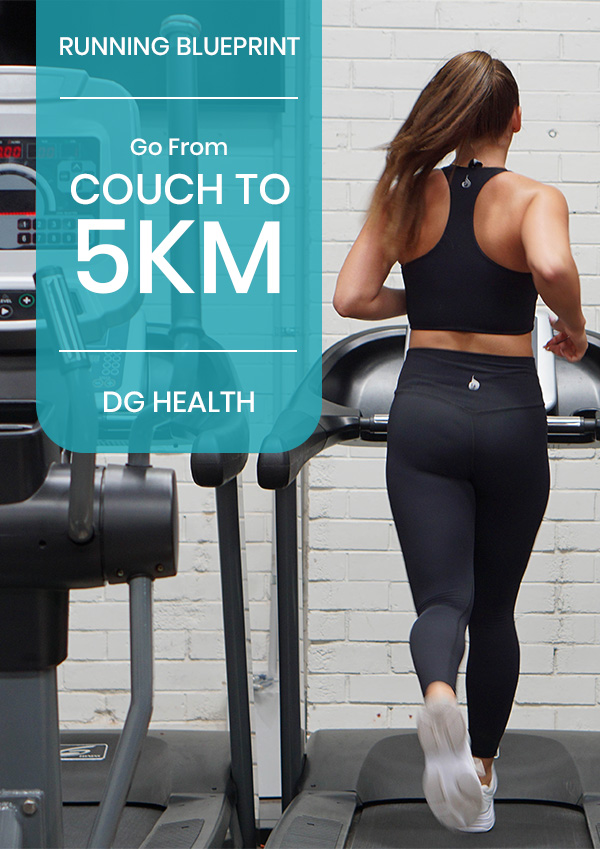Squats are a key exercise in building the foundation of a powerful lower body, but they can also be commonly associated with a pinching feeling at the front of the hip whilst performing them. Pinching can be a great limiting factor for progress and motivation of squats, as well as other hip hinging movements like leg press and lunges. With our simple tips, we’ve got your back (or rather, your hips) covered! In this blog post, we’ll delve into the world of hip pinching during squats, its root causes, and how you can bid it farewell with the aid of physiotherapy and osteopathy. Let’s dive in!
Understanding Hip Pinching
Hip pinching, formally known as hip impingement, occurs when the hip joint experiences compression or friction in the anterior portion of the joint, causing discomfort or sharp pain. This unwelcome sensation can put a halt to your squat gains and leave you scratching your head.
What Causes It?
- Poor Hip Mobility: Restricted hip mobility can lead to improper squat mechanics, resulting in pinching sensations.
- Muscle Imbalances: Weak posterior hip muscles (glutes), in combination with weak core muscles (abdominals) or tight hip flexors can contribute to impingement at the front of the hip. This may mean that due to weakness, the femur doesn’t sit as comfortably in the pelvis as we’d like it to.
- Hip Structure: Some individuals may have a hip structure that is more prone to impingement during certain movements like squats. This could be congenital or developed over time.


Hip Pinching Prevention & Solutions
1. Proper Squat Form: Focus on maintaining a neutral spine and proper hip and knee alignment throughout the squat movement.
2. Hip Mobility Exercises: Incorporate hip-opening exercises like leg swings, hip circles, and hip flexor stretches to improve mobility. In addition to this, seeking the treatment of a healthcare professional that can aid you in improving your range of motion in and around the hip.
3. Glute Strengthening: Engage in exercises that target and strengthen your glute muscles to enhance stability. This is possibly the most important focus area when discussing prevention of hip impingement
How Can Physiotherapy & Osteopathy Help?
- Assessment & Analysis: Physiotherapists and osteopaths will analyse your hip mobility, glute strength and squat technique and identify any biomechanical barriers.
- Individualised Exercise Plan: Receive a tailored exercise plan to address muscle imbalances and enhance hip function.
- Manual Therapy: Hands-on techniques can help alleviate hip discomfort and restore optimal joint function and range of motion.

Realistic Timelines for Recovery
The timeline for resolving hip pinching during squats varies depending on the severity of the issue and your dedication to the treatment plan. With consistent exercises coupled with following the advice of your physiotherapist or osteopath, noticeable improvements can be expected within a few weeks. For more complex cases, achieving full relief might take more time and patience. In more severe joint-related circumstances, surgical intervention can also be an effective option.
Don’t let hip pinching hold you back upping your squat game! By prioritising hip strength and mobility, improving your squat form, and seeking guidance from physiotherapy or osteopathy, you can unlock your squatting potential without the discomfort.
*Note: This blog post is for informative purposes only. For personalised advice and treatment, please consult a qualified physiotherapist or osteopath.*



Recent Comments